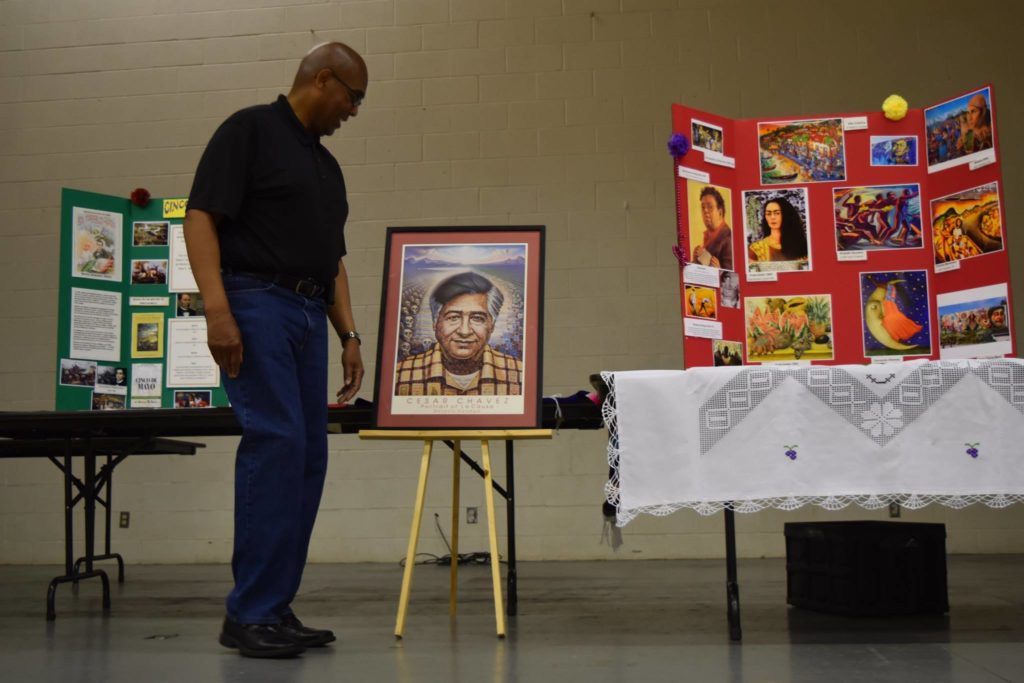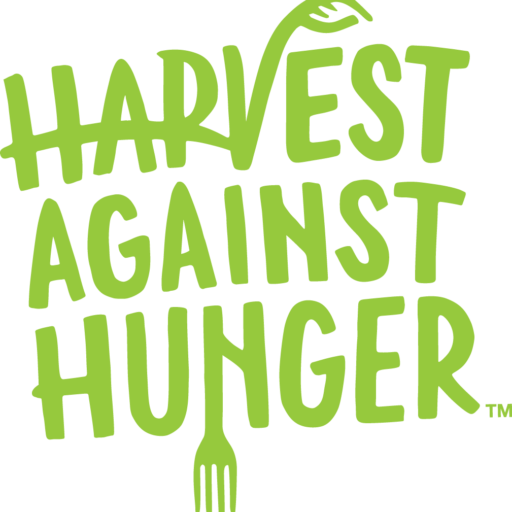How Can We Help?
Donor Relations at OIC

Donor Relations
Donor Relations for the OIC are split into two sections: material donations and food donations. Material donations include donations for the community garden, such as gardening beds and tools. The first-year AmeriCorps member’s main donor for the garden was Lowe’s, who donated seeds, soil, lumber, seed starting pots, and plants. Other donors in the first year were Ace Hardware, True Value Country Farm & Garden, and Bi-Mart. Over $2,000 of in-kind donations were donated during the first-year AmeriCorps member’s service term.
During the second-year AmeriCorps member service term, the Henry Beauchamp Community Center received grant funding from Washington State SNAP-Ed to reopen and maintain the community garden. Therefore, donations were not needed at the same scale as the first year because funding had been secured. The donations received the second year were vegetable plants, vegetable seeds, and gardening tools.
Since the community garden was not in need of donations, the second-year AmeriCorps member focus for donations was produce from farms and fruit stands. The AmeriCorps member developed relationships with and secured produce donations from Lateral Roots Farm, Precision Fruit Stand, Granger Pumpkin Farm, and Northwest Harvest.
Yakima Valley is one of the largest commercial growers of fruits, vegetables, and hops. The fertile valley makes for a busy preseason, growing season, and postseason. The majority of the produce grown here is shipped out of the valley throughout the United States. But, there remains a large quantity of produce on the trees and in the fields of farms. This produce is declared “unmarketable,” meaning it doesn’t fit the market’s standards for shape, size, and/or color, despite being perfectly edible and nutritious. This produce then stays on the trees or in the fields because the grower can’t pay for it to be harvested because they will not make a profit. This is where gleaning comes into play. Suggesting the idea to farmers is always worth a try; some will be interested and willing simply because their otherwise wasted produce will be helping to feed the community. For farmers who need an incentive to participate, OIC offers a donation tax form to farmers who donate which can then be declared when they file their taxes. Presenting the Emerson Act is also a good way to ease farmers into the process. This legal document protects farmers and volunteers from liability issues relating to gleaning.
In the past, Yakima Valley Produce Harvest, based out of Northwest Harvest, led gleanings with local volunteers and school groups. However, as of now, they don’t do any gleaning because they say it’s a liability concern for farmers and volunteers. There have been stories told amongst farmers of elderly volunteers falling and injuring themselves resulting in lawsuits, as well as uneducated gleaners butchering the spurs or tips on fruit trees and ruining next year’s harvest. All of this fear has made it quite challenging to build relationships with growers in Yakima. To combat this notion, the first-year AmeriCorp member focused on educating the community about all the good that gleaning can do for the community. This included covering the Bill Emerson Good Samaritan Act, which legally protects those who make food donations with liability coverage.


